With the rising popularity of plant-based diets and the growing awareness of environmental and health concerns associated with dairy consumption, plant-based protein drinks have emerged as a prominent alternative to traditional milk. Derived from various plant sources like soy, almond, pea, and hemp, these beverages are promoted for their nutritional content, ethical appeal, and environmental sustainability.
This article explores the benefits and drawbacks of plant-based protein drinks compared to milk, delving into their nutritional profile, environmental impact, and suitability as a milk substitute.
Nutritional Content
Milk is renowned for its rich nutrient profile, being a significant source of calcium, vitamin D, and high-quality protein. However, plant-based protein drinks have come a long way in terms of nutritional composition and can be fortified to offer similar benefits. Many plant-based drinks are now fortified with calcium, vitamin D, and other essential nutrients to match or even exceed the nutritional content of milk. Nonetheless, not all plant-based options are created equal, and consumers must carefully read labels to ensure they meet their dietary needs.
Protein Quality
One primary concern when comparing plant-based protein drinks to milk is the quality of protein they provide. Animal-based protein, such as that found in milk, contains all nine essential amino acids, making it a complete protein source. On the other hand, most plant-based protein sources lack one or more essential amino acids. However, by combining various plant proteins (e.g., combining rice and pea protein), it is possible to obtain a complete protein profile in plant-based beverages. Manufacturers are increasingly improving their formulations to achieve optimal protein quality.
Digestibility
Milk proteins are generally well-tolerated by the majority of individuals, while some people may experience digestive discomfort with certain plant-based protein drinks. For example, soy-based beverages contain compounds that might interfere with mineral absorption in some individuals. However, most people can find suitable plant-based options that do not cause digestive issues.
Allergies and Intolerances
Milk allergy and lactose intolerance are common reasons for seeking alternative beverages. Plant-based protein drinks offer an attractive option for those who cannot consume dairy due to these issues. Soy, almond, and oat milk are popular alternatives for individuals with lactose intolerance or milk allergies.
Environmental Impact
Plant-based protein drinks boast a smaller carbon footprint compared to traditional milk. The production of plant-based alternatives requires fewer natural resources and generates fewer greenhouse gas emissions. For instance, almond and oat milk generally have lower environmental impacts compared to dairy milk. However, the increasing global demand for plant-based products, particularly almond milk, has raised concerns about water usage in regions where almonds are grown.
Sustainability
One of the main reasons for the rise in plant-based protein drink consumption is the ethical and environmental concerns associated with dairy farming. The dairy industry is known for its high water consumption, deforestation, and greenhouse gas emissions. In contrast, plant-based alternatives offer a more sustainable option, as they require less land and water and produce fewer emissions.
Plant-based protein drinks have quickly gained popularity as an alternative to traditional milk due to their nutritional benefits, sustainability, and ethical appeal. While they might not always match the exact nutrient profile of milk, fortified plant-based drinks can provide a suitable alternative for individuals following a vegan diet, or those with lactose intolerance or milk allergies. However, individuals should carefully evaluate the nutritional labels to ensure they meet their dietary requirements. As the market for plant-based alternatives continues to expand, ongoing research and development will likely lead to even more nutritious and environmentally friendly options in the future.
Image by Fabiano Silva from Pixabay

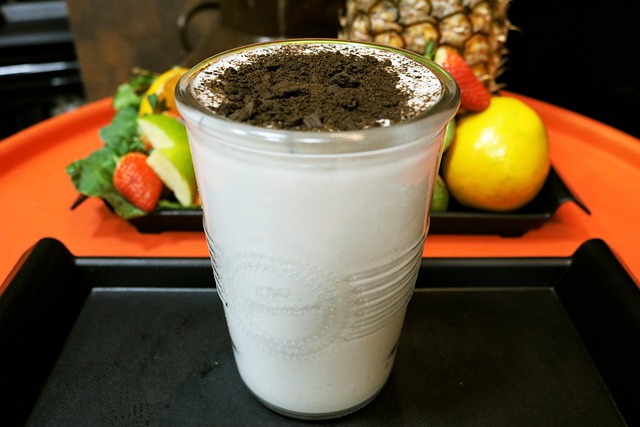
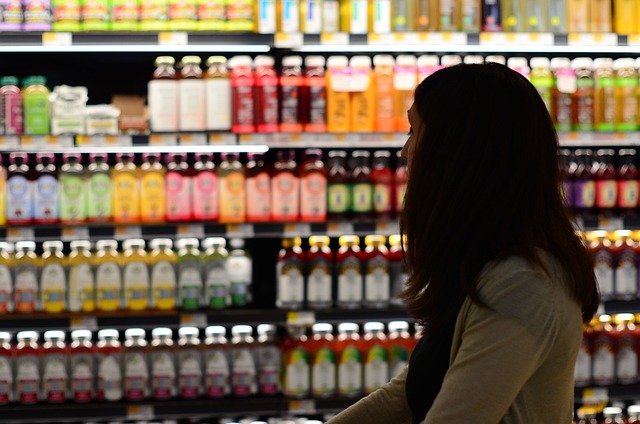
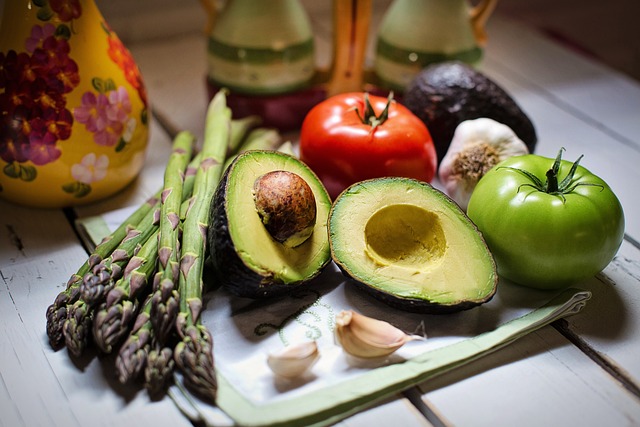

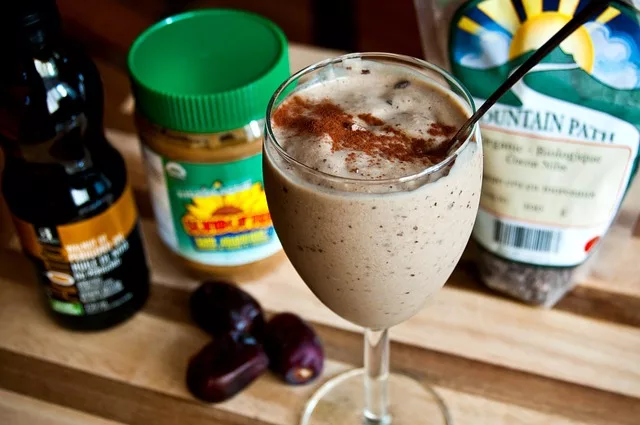
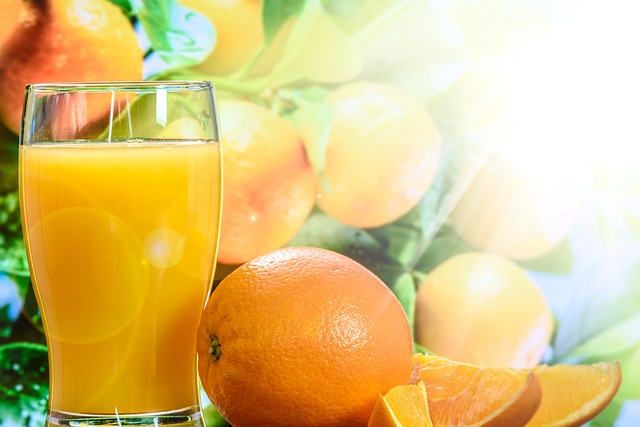

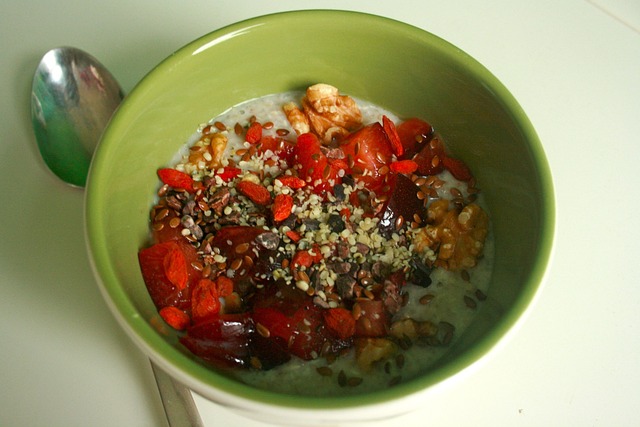
Leave a Reply